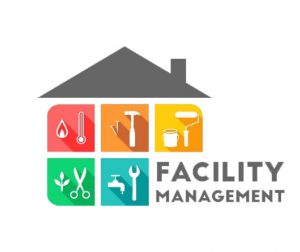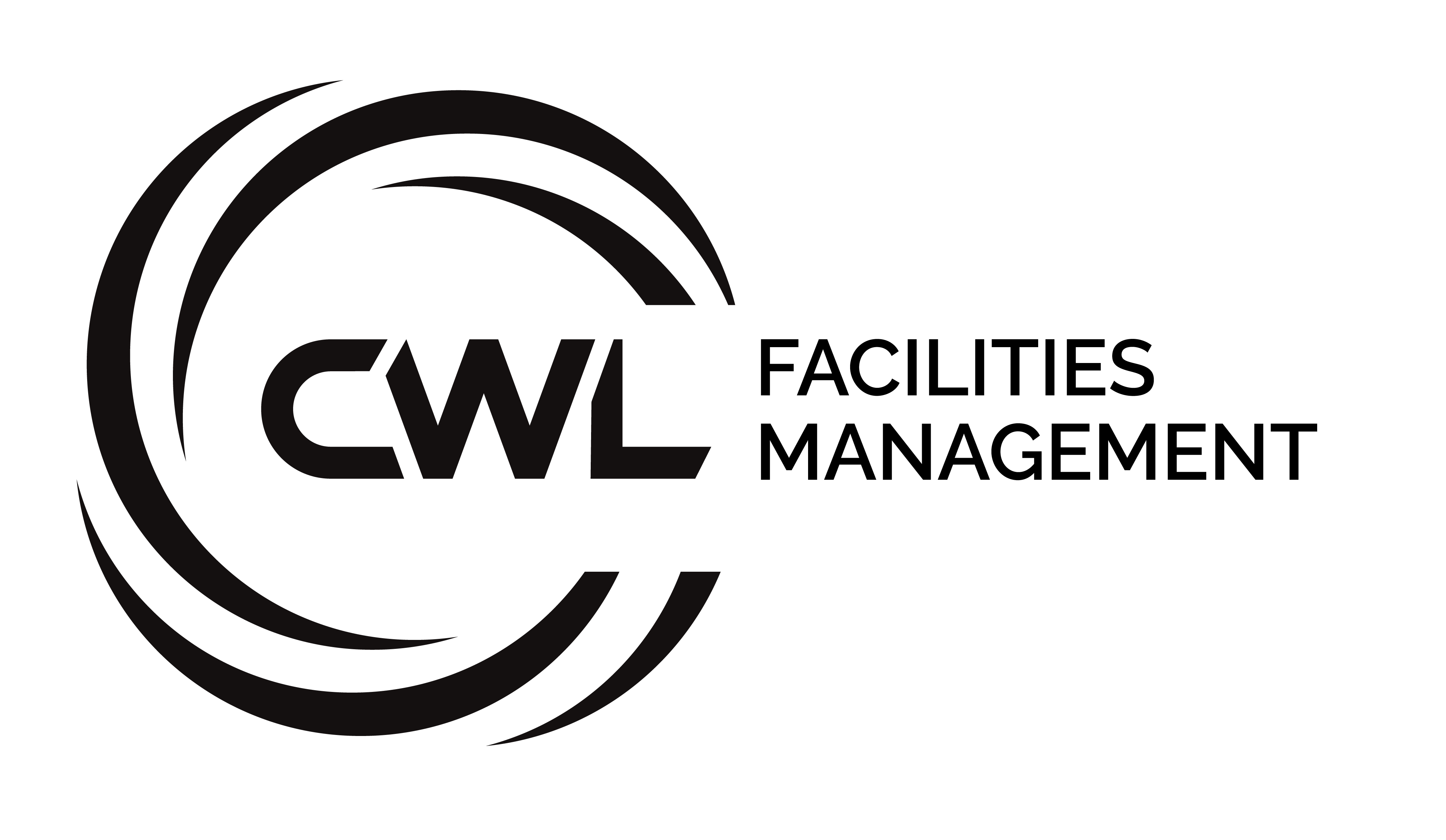5 Ways That Facilities Management Supports Your Core Business
![]() By Doris Ho | February 25, 2022
By Doris Ho | February 25, 2022
Be it in-house or outsourced, the Facilities Management function helps a business or building owner to achieve its goals by providing an environment that keeps it up and running, and by ensuring that support is provided in the right form, at the right quality, and for the right cost.
Here’s a look at the important roles played by Facilities Managers (FMs) in supporting the core business activities of an organization:-

1. Reducing Costs
Buildings and facilities often account for the biggest costs to a business, second only to the cost of manpower. As such, FMs often find themselves responsible for trying to reduce the costs to a business and increasing profitability.
However, reducing costs should be balanced with maintaining a quality service standard. In some organizations, it would be detrimental to the image of the company to have poorly maintained, dirty, scruffy premises, but even in those organizations which don’t rely so much on their image, cutting costs at the expense of service quality can have costly implications in terms of morale, productivity and staff retention.
Therefore it comes down to the FM to find ways to reduce cost without having a negative impact on the organization as a whole. This may include creative use of office space, well-planned maintenance schedules, or adopting solutions that improve energy efficiency in the property asset.
2. Ensuring Legal And Regulatory Compliance
There are many legislations that organisations need to comply with, and many of these fall within the domain of facilities management. This is especially so in the post-COVID era where Health and Safety regulatory measures need to be stepped up and enforced. Besides that, there are also specific regulations pertaining to:
- Waste Disposal
- Environmental Management
- Fire Safety
- Lift Maintenance
- Employment Law
- Contract Law
The consequences of non-compliance can be severe. Companies or building owners can face penalties imposed by regulatory bodies, suffer from loss of reputation, higher staff turnover and expensive business downtime.
3. Maintaining Business Continuity
Business continuity involves ensuring that your organization is able to continue functioning during times of crisis. Crisis can come in all forms and scale, from a small power outage to a nationwide natural disaster such as flooding due to torrential rain.
Without a business continuity management in place, downtime for an organization could result in lost revenue, disgruntled customers and loss of reputation. In severe scenarios, the inability to respond effectively in emergency situations could even cost lives.
4. Supporting Corporate Social Responsibility
FM contributes in many ways to the promotion of sustainable practices and corporate social responsibility, in instances such as:
- Choosing environmentally-safe products such as non-toxic building paint;
- Working with suppliers with fair and responsible employment practices (eg. using ethical cleaning contractors who do not age-discriminate workers);
- Supporting public sector’s schemes to improve the quality of work-life for employees;
- Considering the community’s needs when managing operations and projects.
Facilities Managers play a huge role in maintaining continuity procedures and need to be actively involved in formulating, testing and evaluating the business continuity plan for the organization or building owner.
5. Better Stakeholder Management
Last but not least, Facilities Management exists to service its clients, customers and users. The needs of different stakeholder groups are often varied and dependent on the organization and its culture. These needs also evolve over time along with business growth and changes in societal expectations.
Examples of how stakeholders’ attitudes and views can impact FM’s function include: the shift towards flexible work arrangements in the workforce, digitalisation trends and green consumerism.
By having a facilities manager who has an ear to the ground and open lines of communication with clients, customers and users, organisations will be better able to anticipate their needs and provide services that meet stakeholders’ satisfaction.
